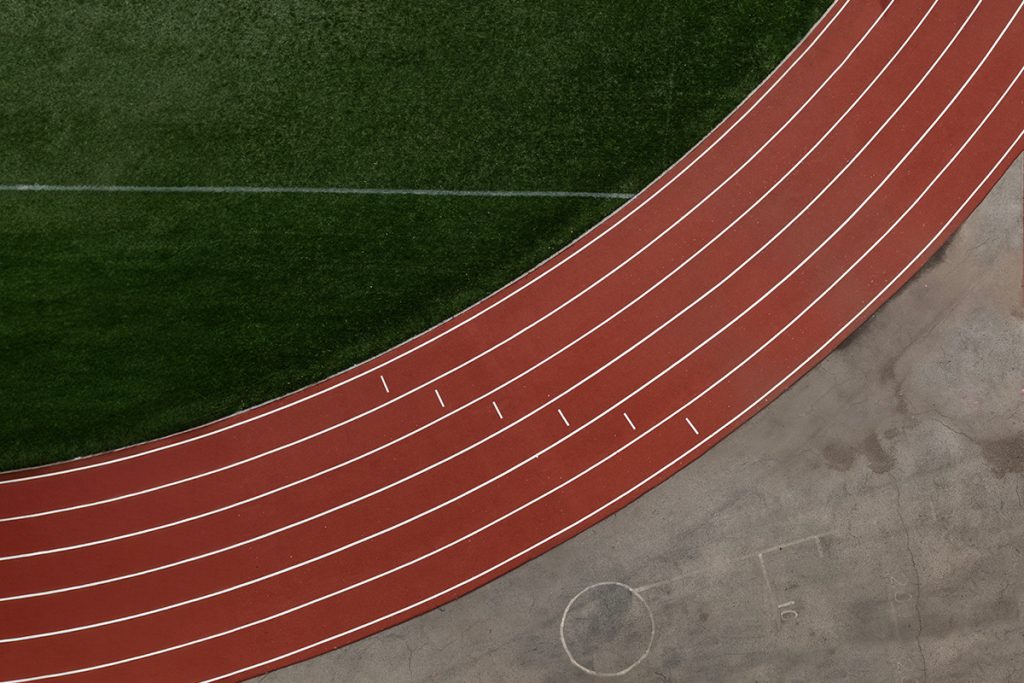Athletes in Latin America and the Caribbean face a unique set of challenges when balancing their sports careers with education and work. Recent studies reveal that these career decisions significantly impact their mental health, shaping the overall balance between their personal and professional lives. The study “Career Trajectories of Junior Athletes in Latin America and the Caribbean and their Relationship with Mental Health,” published in the International Journal of Sport and Exercise Psychology, offers critical insights into how junior athletes in this region navigate these complexities.
One of the key findings of the study is that athletes must make crucial choices that will define their career trajectories. These decisions often involve whether to prioritize their sports careers over continuing education, seeking employment, or even retiring from sports altogether. The paths they choose can have a profound impact on their mental well-being, influencing how they balance the various spheres of their lives.
The research identified several distinct career trajectories among athletes in this region. Some athletes focus exclusively on sports, known as a linear trajectory, while others balance sports with education or work, referred to as convergent or parallel trajectories. There is also a divergent trajectory, where athletes drop one aspect of their lives, such as sports or education, due to overwhelming pressure. The study emphasizes the importance of the dual career (DC) pathway, where athletes combine sports with education or work, which has been shown to support better mental health. However, managing a dual career comes with its own set of challenges, requiring athletes to carefully balance multiple life spheres.
Mental health is not just about the absence of illness; it also encompasses overall well-being, social functioning, and the ability to cope with life’s stresses. For athletes, mental health is both a valuable resource and a desirable outcome of their sports careers. The study found that athletes who successfully manage a dual career tend to have better mental health than those who focus solely on sports or try to juggle multiple priorities. This suggests that engaging in education or work alongside sports can help athletes alleviate some of the pressures inherent in their athletic careers, providing a means to distance themselves from stress when necessary.
Despite the importance of this balance, research on the mental health and career trajectories of athletes in Latin America and the Caribbean has been limited compared to studies in North America and Europe. The study highlights the lack of technical and financial support available to athletes in this region, as well as the tendency for many to migrate in search of better opportunities. These challenges underscore the need for more comprehensive research and support systems tailored to the specific needs of athletes in Latin America and the Caribbean.
The study highlights the crucial need for a balanced approach across various life areas to foster sustainable and secure athletic careers. To achieve this, the study suggests designing and implementing sport-specific policies that promote environments supportive of dual career development. Moreover, establishing Career Assistance Programs (CAPs) is recommended to aid athletes in making informed choices during pivotal transitions, ensuring they maintain their mental well-being while striving for their athletic objectives.
As the first study of its kind to explore these issues in the context of Latin America and the Caribbean, this research offers valuable insights and calls for urgent action to support the mental health and career development of athletes in this region.


